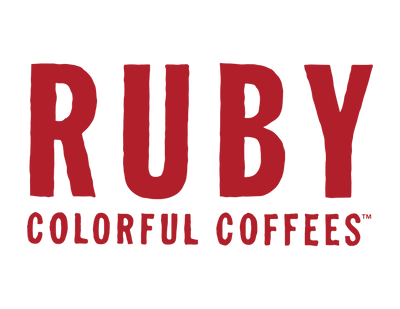This month, subscribers will be receiving a couple offerings that have a really fun thing in common. They are both named after mountains! Maybe there’s some misplaced enthusiasm here on my end, but, the thing is, we did not do this on purpose! I’m choosing to take it as a sign that spring is really here to stay (at least for the two weeks of spring we get in Wisconsin), and it’s time to start planning some epic outdoor adventures. Now, let me introduce you to Peru Salkantay and Ethiopia Reko. Some of you may already know these two, as we’ve had them on the menu in previous years.

Salkantay (I believe it’s roughly pronounced SAL-cun-tie) is the name of a prominent peak in the Peruvian Andes. The word means “wild,” “uncivilized,” or “savage” in the indigenous language, Quechua, which is interesting because this coffee is anything but wild. It’s quite the opposite. If you brew a cup, you’ll find it feels classic, safe, and dependable, which is why it’s perfect for the Rich and Sweet subscription this month.
Describing Salkantay, a chocolate-forward, slightly nutty coffee as “classic,” has me musing a little about why we sometimes use this word for a rich and sweet coffee, but don’t often describe a brighter coffee this way. In my opinion, it seems like “classic” has a shared meaning of being a full, robust cup o’ joe, but I’d like to challenge that idea today with our Bright and Lively subscription, Reko.

Reko is classic for us in the sense that this is the ninth year that Ruby has had it on the menu. And how much more “classic” of a coffee can you get than one that hails from Ethiopia, the birthplace of coffee?! Reko is a great example of an Ethiopian coffee, with articulate notes of black tea and stone fruit, and unique, delicate acidity. As noted in our info sheet, Reko is the name of the washing station where this coffee is processed, and the washing station is named after the nearby mountain. Similar to Salkantay, Reko means “challenge” in the local dialect, as a metaphor for the challenge of producing the highest quality coffee in the area.
Perhaps this is also why Salkantay is named after a nearby mountain - like climbing a mountain, producing high-quality coffee takes a lot of time and effort. We are fortunate that these producers are willing to put in the hard work and overcome the many challenges that come along with it. We are excited to have the opportunity to roast these coffees for you and hope you enjoy them as much as we do!
Thanks for reading!
Emily, Lead Roaster
